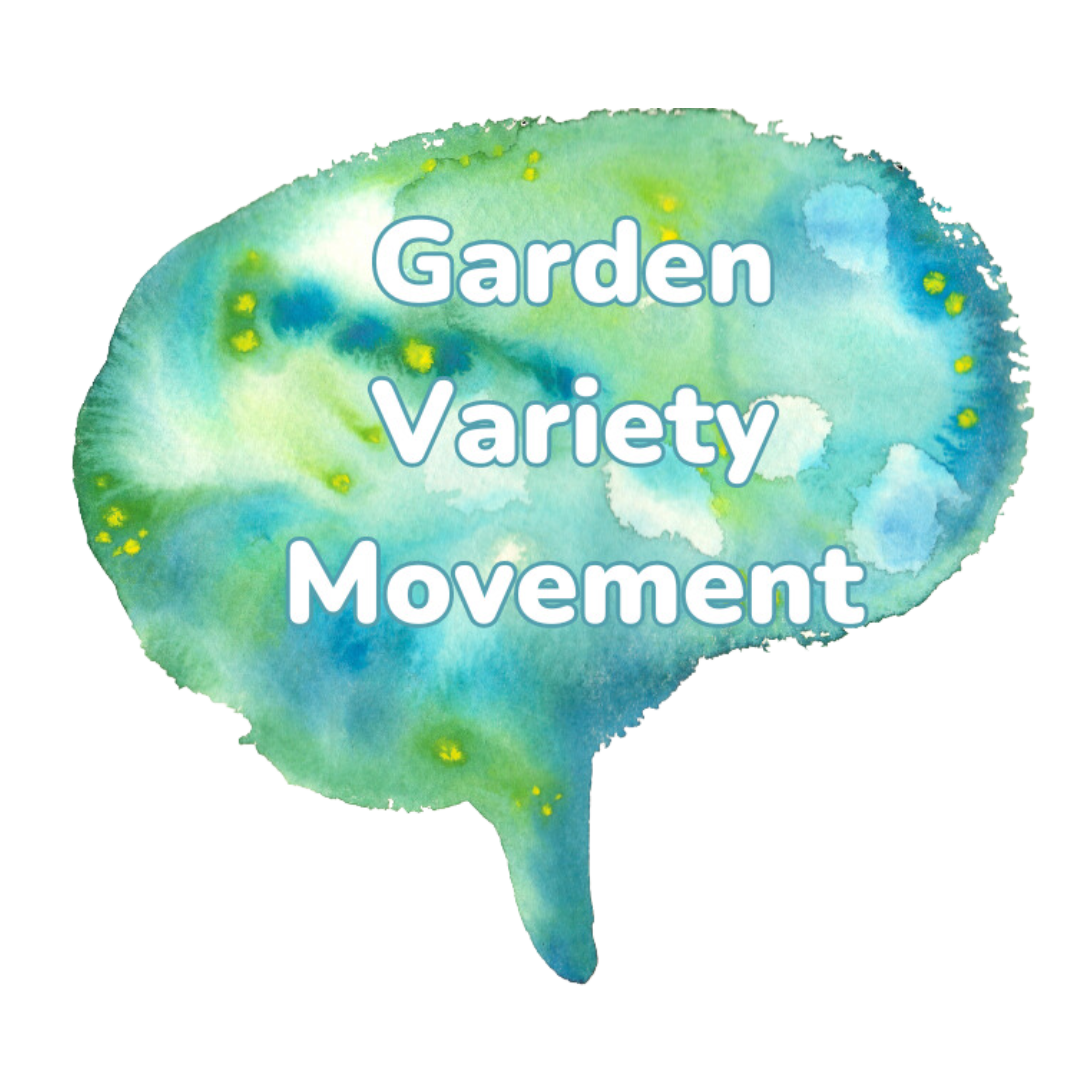Anti-ableist Conversations: Discomfort, Feedback, and Self Care (Part 1)
This is a longer text so it is broken in two parts. You might like to rest between Part 1 and Part 2.
Part 1
Fascinating things happen when we bump into other human beings - misunderstandings, pain, heartache, connections, growth, and pure joy. This is life and at this point in mine, I’m really trying to respond productively and curiously, especially to misunderstandings, pain, and heartache. I want to share a story which is not over yet and has a happy middle. If it had a title it would be Asking for Structural Change AKA How I Explained I Was Uncomfortable to a Course Team.
So I’m participating in a course online. Each month we have group sessions on a variety of topics. I like the course, especially the mentorship part, but I am finding aspects of the sessions and delivery structure challenging:
inaccessible rules and structures that unintentionally reinforce ableism,
harmful language, and
ungrounded reflection on triggers, traumas, stressors
These aspects aggravate my post-concussion symptoms and distract my focus away from the learnings. I wrestled a lot with whether it was a good idea to bring these challenges to the attention of the course team. I don’t want to center myself. I come from a position of unearned privilege as a white cisgendered woman living in Canada. At the same time, hearing why these aspects make me uncomfortable may help someone else who is struggling with the same things I am.
I asked for an in-person coffee meeting with the course team.
It didn’t happen just like that. First I hemmed and hawed about it privately, then I roped in my partner, verbalizing what took me aback. I checked in with a fellow yoga teacher, course participant, and mentor. I realized I was gathering validation: piecing together my understanding of my own experience by narrating it to my most trusted circle. But stewing and complaining was getting me nowhere but deeper in my own thoughts. So I pivoted towards being as productive and curious as I could.
Here is how I tried to be as productive as possible while taking care of myself going into that. You might think of these as strategies for self care before, during, and after undertaking the meeting. Or you might think of these as priming myself for curiosity and productivity. I see it as both.
1. BEFORE: made a list of what aspects of the course I was struggling with in a Google Doc, which gave me a place to put my thoughts and turn them into actionable suggestions.
2. BEFORE: got out my watercolour paper, brushes, and some nice water soluble pastels and painted. This was during the session before our meeting because I was anxious. I guessed correctly that I would struggle with the content because the prework asked participants to revisit triggers, traumas, and stressors independently before the session. The prework was positioned academically. It seemed to intellectualize trauma without creating a safe container to revisit it or acknowledging emotions that might arise. And that got my back up. Painting allowed me to show up and listen without feeling pressure to take notes. Many studies have shown that doodling helps with information uptake. Doodling can help people stay focused, grasp new concepts and retain information. I could listen actively while processing visually. This was more comfortable than needlessly documenting a position I didn’t agree with via my usual note taking.
3. DURING: shared “I’m feeling a bit nervous about this…” right at the start of the meeting with the person I met with because it allowed me to feel less anxious by authentically acknowledging my mental state.
4. DURING: brought a copy of my list to the meeting and explained I’d be referencing my notes to keep my thoughts organized. This was something tangible I could return to if emotions came up or my train of thought became distracted.
5. AFTER: left time after the meeting with the course team to pause and process the conversation on my own.
6. AFTER: In my follow up and thank you post-conversation, I did not overly edit my list or shared resources. I did this to foreground my own thought process, rather than over-produce their reception of the material. In the past I would have redacted everything to make it shorter and easier for the recipient to read rather than say exactly what I want to say. I would typically spend more than twice the time I intended on polishing a sensitive text.
Historically I have felt apologetic, fearful, and sheepish about how I approach challenges. I saw myself as selfish because I needed to have strategies before, during, and after a meeting like this. And I viewed these as solely self-care strategies (which are super important in and of themselves). But my imagination was limited to that. I did not clearly and explicitly see the value of priming myself for curiosity and productivity.
This is part of the work itself. And by keeping my focus on the best possible outcome I can be accountable to myself and my community of Post Concussion Syndrome peeps and Traumatic Brain Injury survivors.
Have you ever felt compelled to share with someone that you felt harmed? Or made uncomfortable by structural, institutionalized ableism? How did you handle it? Where did the conversation go?
Part 2 below includes my list, edited for privacy out of respect for the course team and course, if you are interested. There are some things I might say differently but the ideas are there.
